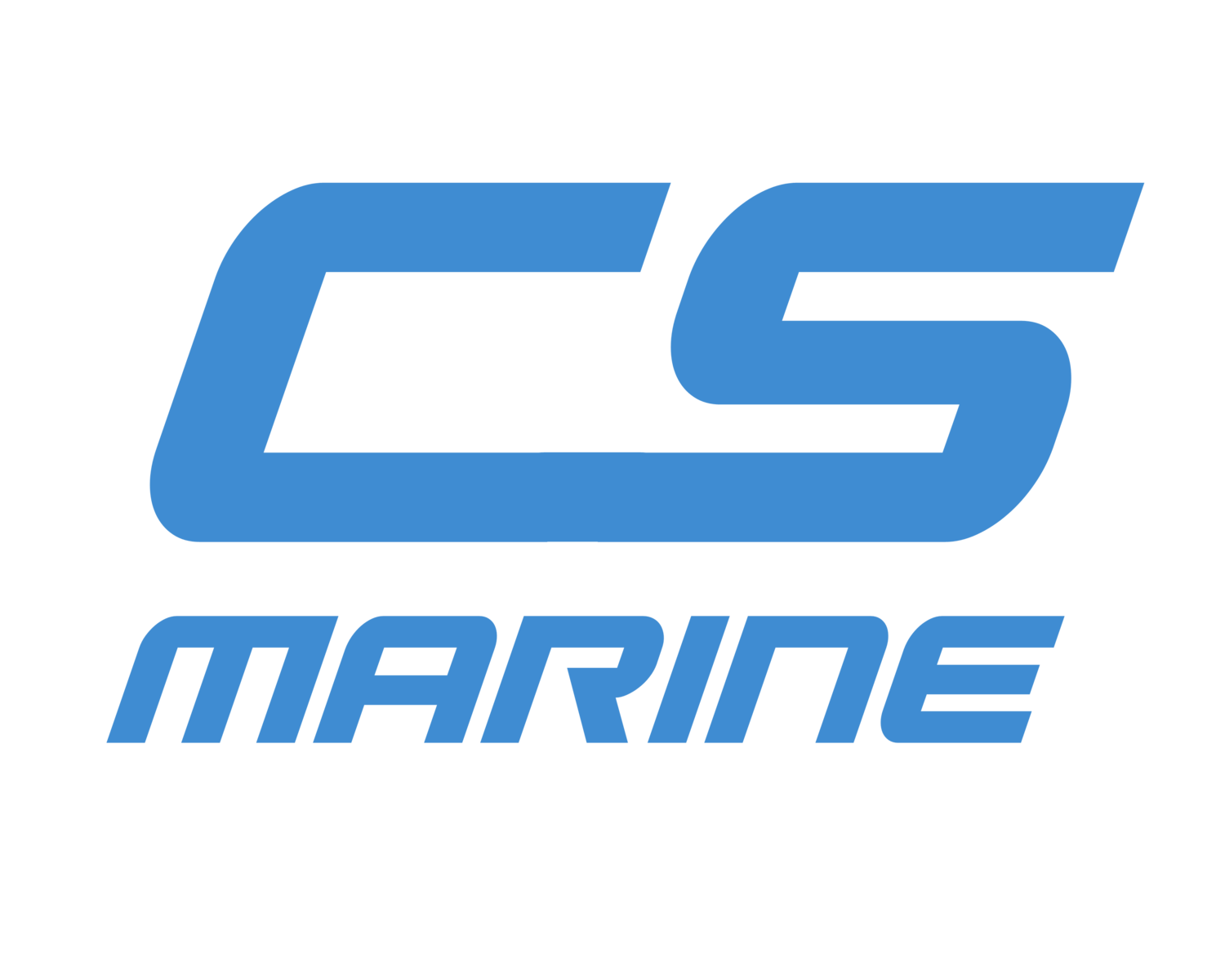June 25, 2020 8:41 AM
The following is the June 24, 2020 Congressional Research Service report, Navy Ship Names: Background for Congress.
Names for Navy ships traditionally have been chosen and announced by the Secretary of the Navy, under the direction of the President and in accordance with rules prescribed by Congress. Rules for giving certain types of names to certain types of Navy ships have evolved over time. There have been exceptions to the Navy’s ship-naming rules, particularly for the purpose of naming a ship for a person when the rule for that type of ship would have called for it to be named for something else. Some observers have perceived a breakdown in, or corruption of, the rules for naming Navy ships. On July 13, 2012, the Navy submitted to Congress a 73-page report on the Navy’s policies and practices for naming ships.
For ship types now being procured for the Navy, or recently procured for the Navy, naming rules can be summarized as follows:
SSBN-826, the first of the Navy’s new ballistic missile submarines (SSBNs) has been named Columbia in honor of the District of Columbia, but the Navy has not stated what the naming rule for these ships will be.
Virginia (SSN-774) class attack submarines are being named for states.
Of the Navy’s 15 most recently named aircraft carriers, 10 have been named for past U.S. Presidents and two for Members of Congress. On January 20, 2020, at a Martin Luther King, Jr. Day ceremony, the Navy announced that CVN-81, an aircraft carrier authorized by Congress in FY2019, would be named for Doris Miller, an African American enlisted sailor who received the Navy Cross for his actions during the Japanese attack on Pearl Harbor on December 7, 1941.
Destroyers are being named for deceased members of the Navy, Marine Corps, and Coast Guard, including Secretaries of the Navy.
The Navy has not yet announced a naming rule for its planned new class of FFG(X) frigates, the first of which was funded in FY2020. Previous classes of U.S. Navy frigates, like Navy destroyers, were generally named for naval leaders and heroes.
Littoral Combat Ships (LCSs) have been named for regionally important U.S. cities and communities.
Amphibious assault ships are being named for important battles in which U.S. Marines played a prominent part, and for famous earlier U.S. Navy ships that were not named for battles.
San Antonio (LPD-17) class amphibious ships are being named for major U.S. cities and communities, and cities and communities attacked on September 11, 2001.
John Lewis (TAO-205) class oilers are being named for people who fought for civil rights and human rights.
Expeditionary Fast Transports (EPFs) are being named for small U.S. cities.
Expeditionary Transport Docks (ESDs) and Expeditionary Sea Bases (ESBs) are being named for famous names or places of historical significance to U.S. Marines.
Navajo (TATS-6) class towing, salvage, and rescue ships are being named for prominent Native Americans or Native American tribes.
Since 1974, at least 21 U.S. military ships have been named for persons who were living at the time the name was announced. The most recent instance occurred on May 6, 2019, when the Navy announced that it was naming the destroyer DDG-133 for former Senator Sam Nunn.
Members of the public are sometimes interested in having Navy ships named for their own states or cities, for older U.S. Navy ships (particularly those on which they or their relatives served), for battles in which they or their relatives participated, or for people they admire.
Congress has long maintained an interest in how Navy ships are named, and has influenced the naming of certain Navy ships. The Navy suggests that congressional offices wishing to express support for proposals to name a Navy ship for a specific person, place, or thing contact the office of the Secretary of the Navy to make their support known. Congress may also pass legislation relating to ship names. Measures passed by Congress in recent years regarding Navy ship names have all been sense-of-the-Congress provisions.



